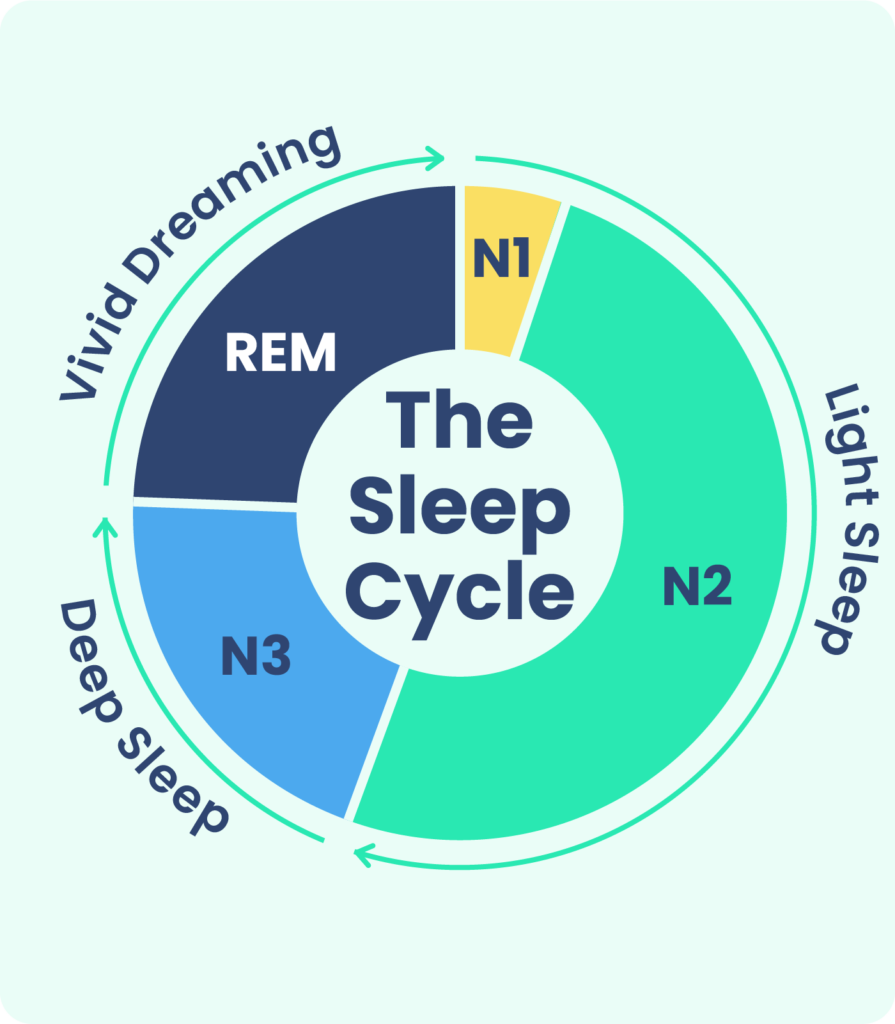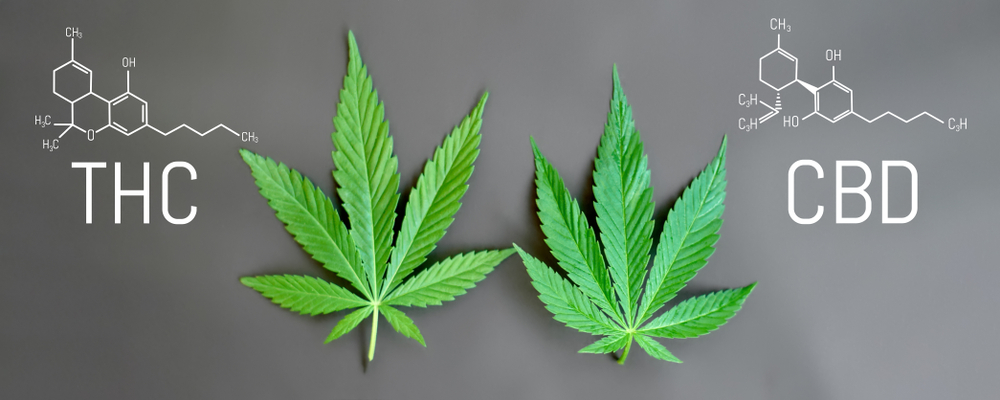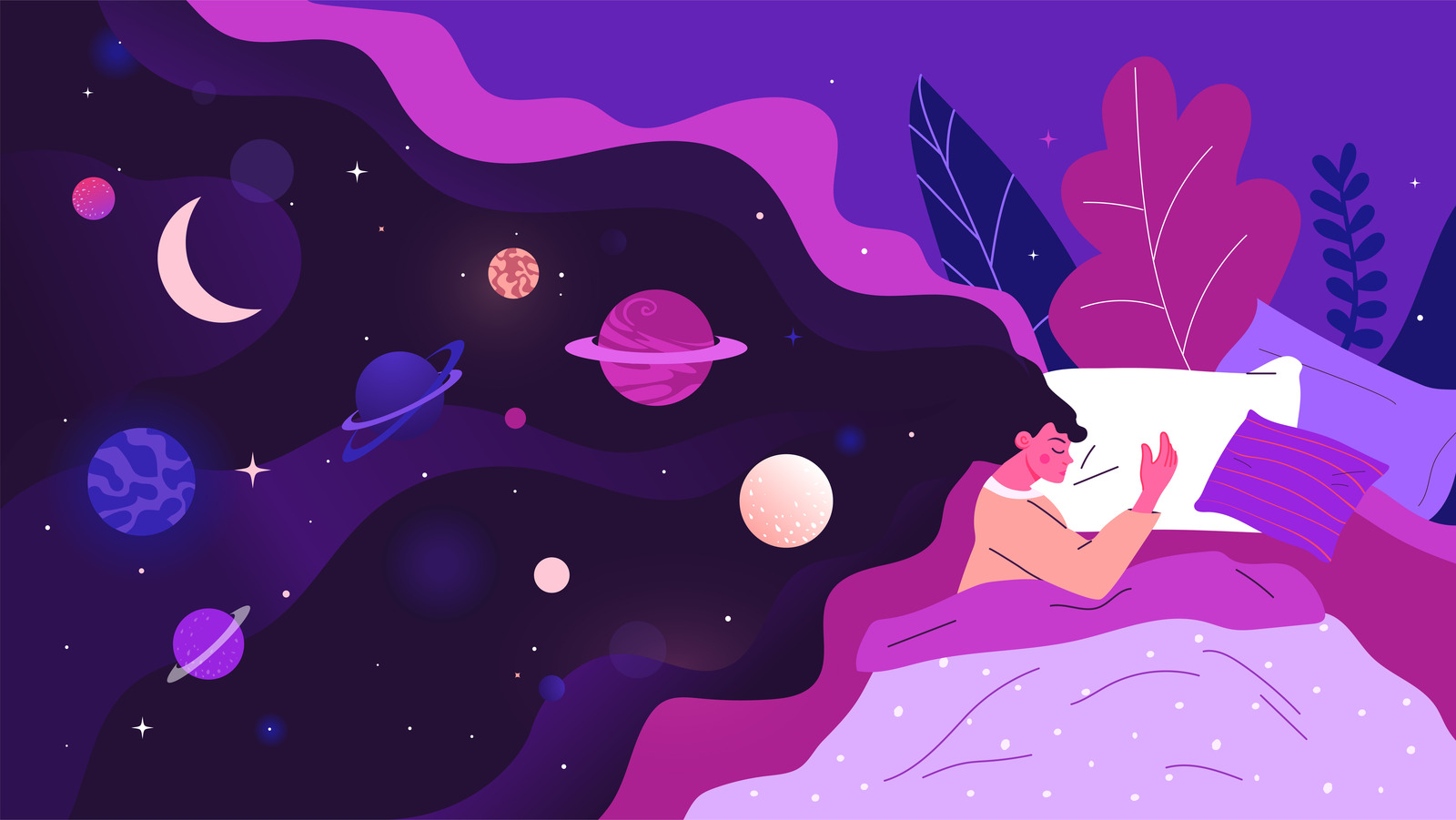Every human needs sleep. You’ve probably experienced the effects of not getting enough good sleep for a few nights – you may find yourself more irritable, less able to focus, more tired during the day, and overall just less productive and happy. And long-term, poor sleep quality can lead to more severe health issues like high blood pressure, diabetes, and depression, and could increase a person’s risk for heart attack and stroke (Colten & Altevogt, 2006). Clearly, sleep is important for daily functioning, but some things can negatively impact sleep duration and quality such as insomnia and anxiety disorders like PTSD. People often find their own ways to combat sleep issues with over-the-counter supplements like melatonin or medically prescribed drugs like benzodiazepines. Although scientific evidence of its effects are mixed, people are increasingly turning to cannabis to help them sleep. This use of cannabis introduces new questions of effectiveness and health outcomes. Could cannabis be an effective treatment for sleep disturbances caused by insomnia and anxiety? What are the short- vs. long-term effects of cannabis use on sleep? And how might dreams be affected?
During a normal night, we cycle through 4 different stages of sleep, categorized by varying brain activity patterns. Our wakeful state transitions into sleep during the 1st stage (N1), which occurs when a person first falls asleep and the body has not fully relaxed yet. Stage 2 (N2) sleep comes next, with some body systems such as respiration and heart rate slowing down. The N3 stage is referred to as slow-wave sleep (SWS) or deep sleep, when the body is in its most relaxed state and restorative processes are thought to occur. Rapid eye movement (REM) sleep is the last stage, in which brain activity increases and muscles are temporarily paralyzed, except for quick movements of the eyes. REM sleep is responsible for more vivid dreams and is thought to contribute to cognitive functions like memory, learning, and emotions (Maquet et al., 1996).

Endocannabinoids–cannabinoid-like signaling molecules that are naturally produced by the body–are involved in the regulation of the sleep cycle. The endocannabinoid system is important for the maintenance and promotion of sleep through its connections with the circadian rhythm cycle. Endocannabinoid CB1 receptors exist in the suprachiasmatic nucleus (Acuna-Goycolea et al., 2010), which is thought of as the body’s central pacemaker, so the endocannabinoid system may act as a link between circadian regulation systems and the connected sleep process (reviewed by Babson et al., 2017). There isn’t much information known about the effects of cannabinoids on circadian rhythms or the mechanisms by which cannabis and its constituents affect sleep systems. However, it seems as though the dosage, type of cannabinoid, and duration of use all play a role in the effects of weed on sleep.
In the case of cannabidiol (CBD), a non-psychoactive compound in the cannabis plant, effects appear biphasic based on dosage. According to a review by Babson and colleagues (2017), low doses of CBD are associated with increased wakefulness, while higher doses can increase total sleep time and decrease the risk of waking up during the night. On the other hand, one study on the anxiolytic effects of CBD saw no impact of a single dose of the drug on sleep, meaning that it did not interfere negatively with the sleep cycle in any way (Linares et al., 2018).
Cannabis containing tetrahydrocannabinol (THC), the plant’s main psychoactive component, has an even wider spectrum of effects on sleep. THC may help people fall asleep faster, prevent waking up during the night, and increase deep N3 stage sleep (Cousens & DiMascio, 1973; Pivik et al., 1972). However, some people become reliant on marijuana to fall asleep. When cannabis is used for long periods of time, dependence and habituation can develop, leading to a need for higher and higher doses necessary to have the same pro-sleep effects. Additionally, disturbed sleep is a main withdrawal symptom of people with cannabis dependence, and it is cited as a major cause of relapse in those attempting to quit or minimize drug use (Budney et al., 2008).

It appears as though short-term use of cannabis may improve sleep quality, while chronic cannabis use can have negative long-term impacts on sleep. However, despite the mixed results, cannabis may be a beneficial treatment for sleep disturbances caused by certain disorders. One study found that subjects with insomnia that were given CBD were able to sleep for longer and woke up less often (Carlini and Cunha, 1981). Additionally, nabilone–a synthetic cannabinoid–has been found to reduce nightmare presence and intensity in people with PTSD, allowing them to have better sleep duration and quality (Fraser, 2009). Cannabinoids may contribute to decreased recall and vividness of dreams because of their potential to decrease REM sleep (Carlini and Cunha, 1981; Pivik et al., 1972). Although we do not know exactly what effects (if any) worsened dream recall has, this is a therapeutic benefit for people suffering from vivid, PTSD-induced nightmares.

While cannabinoids may have mixed impacts on the quality of sleep based on plant components, dosage, and chronic use, there is a clear therapeutic potential for the sleep-disturbing symptoms of certain disorders. Other anxiolytic and antidepressant drugs prescribed for anxiety-based disorders can often disrupt sleep on their own, along with other undesirable side effects (Linares et al., 2018). More research needs to be done on the effects of different types of compounds on different facets of sleep, but acute use of cannabinoids like CBD could be a promising treatment for sleep-disrupting disorders.
References
Acuna-Goycolea, C., Obrietan, K., & van den Pol, A. N. (2010). Cannabinoids excite circadian clock neurons. Journal of Neuroscience, 30(30), 10061-10066. https://doi.org/10.1523/JNEUROSCI.5838-09.2010.
Altevogt, B. M., & Colten, H. R. (Eds.). (2006). Sleep disorders and sleep deprivation: an unmet public health problem. National Academies Press (US). https://www.ncbi.nlm.nih.gov/books/NBK19961/.
Babson, K. A., Sottile, J., & Morabito, D. (2017). Cannabis, cannabinoids, and sleep: a review of the literature. Current psychiatry reports, 19, 1-12. https://doi.org/10.1007/s11920-017-0775-9.
Budney, A. J., Vandrey, R. G., Hughes, J. R., Thostenson, J. D., & Bursac, Z. (2008). Comparison of cannabis and tobacco withdrawal: severity and contribution to relapse. Journal of substance abuse treatment, 35(4), 362-368. https://doi.org/10.1016/j.jsat.2008.01.002.
Carlini, E. A., & Cunha, J. M. (1981). Hypnotic and antiepileptic effects of cannabidiol. The Journal of Clinical Pharmacology, 21(S1), 417S-427S. https://doi.org/10.1002/j.1552-4604.1981.tb02622.x.
Cousens, K., & DiMascio, A. (1973). (−) δ 9 THC as an hypnotic: An experimental study of three dose levels. Psychopharmacologia, 33, 355-364. https://doi.org/10.1007/BF00437513.
Linares, I. M., Guimaraes, F. S., Eckeli, A., Crippa, A. C., Zuardi, A. W., Souza, J. D., … & Crippa, J. A. (2018). No acute effects of cannabidiol on the sleep-wake cycle of healthy subjects: a randomized, double-blind, placebo-controlled, crossover study. Frontiers in pharmacology, 9, 315. https://doi.org/10.3389/fphar.2018.00315.
Maquet, P., Péters, J. M., Aerts, J., Delfiore, G., Degueldre, C., Luxen, A., & Franck, G. (1996). Functional neuroanatomy of human rapid-eye-movement sleep and dreaming. Nature, 383, 163-166.
Pivik, R. T., Zarcone, V., Dement, W. C., & Hollister, L. E. (1972). Delta‐9‐tetrahydrocannabinol and synhexl: Effects on human sleep patterns. Clinical Pharmacology & Therapeutics, 13(3), 426-435. https://doi.org/10.1002/cpt1972133426.
Super interesting post. This ties in well with the last post I read which talked about marijuana as a treatment for neurodegenerative diseases. I was particularly interested in its affect on Alzheimer’s, a disease whose development can be very closely tied with sleep disruptions. This is why I find it interesting that marijuana can be used as a treatment. You mention that THC increases time in N3, or slow-wave sleep. Slow-wave sleep therapy is a treatment as well for Alzheimer’s patients, so maybe small doses of THC could provide some sort of relief on its own. This connects with your point about how there are other medications that also have various effects on sleep, but come with unwanted side effects. It’s very possible that marijuana could help people who need sleep treatments, either increased SWS, or blocked REM for some anxiety disorders. I hope more research can be done in the coming years so we can really see the benefits. Great job!
LikeLike
Hi! I was reeled in by your creative title!! Wonderful hook, and I like how you ask thought-provoking questions at the end of your intro. I really appreciate your simple, understandable explanations, and especially how you included the context on the description of sleep cycles. I do think the transition to that paragraph to the one introducing Endocannabinoids was a little choppy. But all that aside, it’s quite fascinating how we can measure scientifically what gives us “better sleep.” Thank you for the article and work you have put in!
LikeLike
Really nice post! The introduction sets up this post very nicely, introducing the problem and consequences of low-quality sleep, then discussing some current remedies, and presenting cannabis as a possible solution to explore throughout the rest of the post. I enjoyed the writing style and the way terminology such as “endocannabinoids” and “suprachiasmatic nucleus” were followed immediately by explanations of what these are or what their function is. It was interesting to read about how the use of cannabis to improve sleep quality has two sides, with it being helpful in the short-term but causing some consequences such as dependence, tolerance, and disturbed sleep from withdrawal when there is long-term use. This is definitely a topic that I’d like to look more into, and to see if future research expands on either the benefits or consequences of cannabis use to work against disorders that disrupt sleep.
LikeLike
Hi, this was a very interesting topic. I am slightly confused on how cannabis can increase sleep but can also lead to higher tolerance which could cause issues. Additionally, if a person becomes addicted to cannabis and goes through withdrawal that affects their sleep this seems like it would not help. I guess there is a risk benefit to using cannabis to help sleep. I also wonder if the effect of cannabis on sleep cycles is different for varying age group because I know that the sleep cycle changes as we age.
LikeLike
Hi! I really liked the structure of your blog post, it contained a lot of information from numerous studies, but it was very well-written and easy to follow which I appreciated. I also liked that you emphasized that different components such as dosage or plant components or even the length of use may affect sleep differently. I would be interested in learning more about the anxiolytic effects of cannabinoids and how that may negatively moderate sleep patterns from the neurobiological perspective.
LikeLike
Great blog post, Jenna! I like how you described the different sleep cycles. You tackled a difficult topic really well.
LikeLike
Such a clear and helpful explanation of sleep cycles and how our endocannabinoid system regulates sleep. I have to admit, I was surprised to read that THC typically prevents those annoying middle-of-the-night wakeups. I had thought that while THC is great for making you drowsy and initially falling asleep, it negatively impacts your ability to stay asleep through the night. Thank you for putting this together!
LikeLike